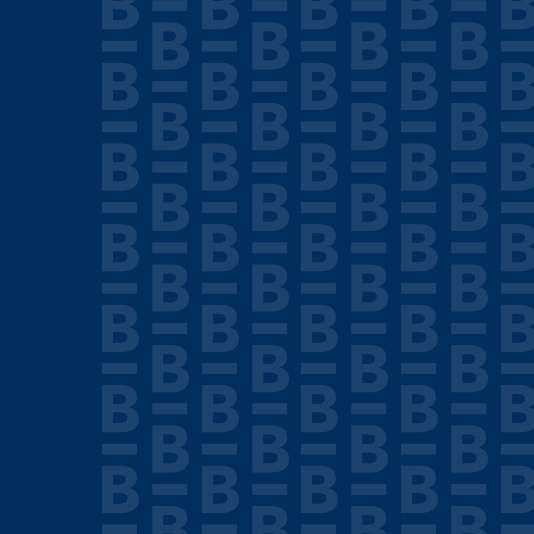When you go through the home buying process, you’ll come across many words that may be new to you. Let's take a closer look at what some common home financing terms mean. Then you’ll be prepared to begin the home buying process with confidence.
Key mortgage terms
Mortgage
Most people will need a mortgage in order to buy a home. A mortgage is a secured loan to finance the purchase of a home. Mortgages are available through financial institutions such as banks and credit unions, and mortgage loan companies. Payments on the loan are typically made once a month over a long period of time such as fifteen or thirty years.
Fixed-rate or adjustable mortgage
There is a fixed-rate mortgage and an adjustable-rate mortgage, or ARM. Your mortgage lender can help you determine which one is in your best interest.
A fixed-rate mortgage has an interest rate that will not change over the course of the mortgage term. An adjustable-rate mortgage has a variable interest rate and a shorter term. The rate may go up or down during this term, and at the end of the term you can continue with the adjustable rate or convert to a fixed-rate mortgage.
Term
A mortgage term is simply the length of the loan. Most mortgages have a term of fifteen or thirty years. However, mortgages are available in many terms based on the product and your qualifications.
Principal and interest
Loan payments include both principal and interest. The principal is the amount you paid for your home, minus any down payment. Then that amount is amortized over the loan term – we’ll talk about amortization shortly. The interest is what the lender charges to provide the loan. In addition to principal and interest, there are a few other items that may be included in your monthly mortgage payment.
Property taxes
When you purchase a home, the local government will require you to pay property taxes each year. This amount varies greatly depending on where your home is located and the home’s value.
Home insurance
Homeowners insurance protects your home against fires, burglaries, storm damage, etc.
Private Mortgage Insurance, or PMI
For homebuyers who have less than a twenty percent down payment, the lender may require mortgage insurance until you have at least twenty percent equity in your home. This insurance protects the lender against default on your loan.
Additional terms during the home buying process
Escrow
Escrow accounts are set up by your mortgage loan servicer to collect and hold the funds needed for your property taxes and insurance. The escrow amount is part of your monthly mortgage payment. Then the servicer makes the taxes and insurance payments for you.
Amortization
This is the process of how payments are spread out over the term of your mortgage. In the beginning of the mortgage, for example, your monthly payment will go more toward interest than principal. In the end, it will be the reverse. An amortization schedule will show you what your payments will be for the entire loan term.
Pre-qualification
Getting pre-qualified with a lender will show you how much home you can afford. It’s an important first step before you start home shopping.
Appraisal
A home appraisal is usually required during the mortgage approval process. An appraiser will assess the home and determine its value.
Debt to income ratio
Lenders will look at how much recurring monthly debt you have compared to how much income you bring in. This ratio is an important factor in the mortgage approval process.
Earnest money
This is a deposit made to a seller that represents a buyer's good faith to buy a home. The amount will go towards your down payment amount at the closing.
Closing costs
The closing is the final step in the mortgage process and is where you pay the fees for the services and expenses required to finalize a mortgage. Some of these fees include appraisal fees, title insurance and origination fees. The closing costs will be itemized and explained to you.
If you have any questions about mortgage terminology, visit with a mortgage lender. And thank you for listening today. Be sure to check out the other mortgage videos in our homebuyer series so you are ready to make the move to a new home.



